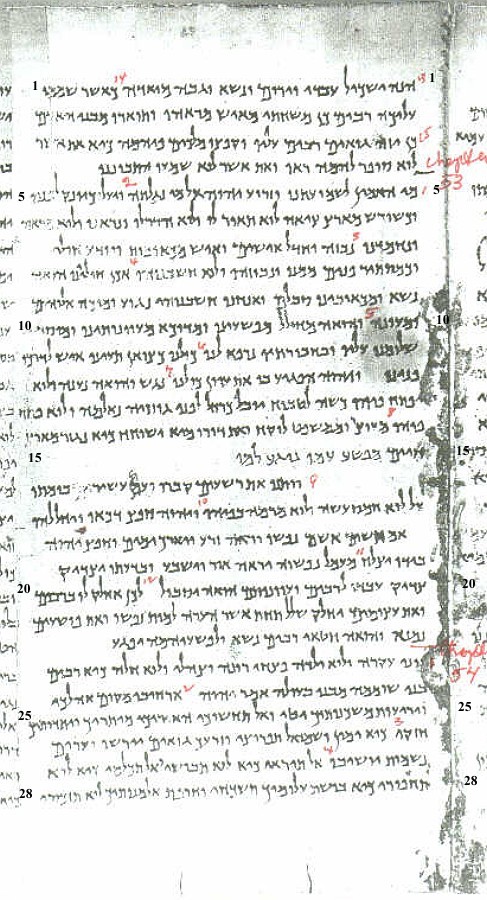Scotth1960
Member
- Jan 4, 2011
- 752
- 0
Dear friends, Which Bible has God's Word for Isaiah 53:11? In the KJV, which doesn't have the word "light", or the NIV which has "light of life", or the ESV, which has "light" in a footnote, in the HCSB, which has "light", in the DSSB? Which version contains God's Word in Isaiah 53:11? The Hebrew MT (Masoretic Text), or the Greek OT LXX (Greek Septuagint). This is a significant difference! The NIV has the light of the resurrection of Christ. The KJV and the Hebrew text of Jewish rabbis (who reject Christ, most of them), does not have this resurrection word, "light". How do we account for the discrepancy between Bible versions, where just one small word, "light" makes a world of difference. Christ not only suffered; He rose, to see "the light of life" (NIV).
KJV King James Version
ESV English Standard Version
NIV New International Version
HCSB Holman Christian Standard Bible
DSSB Dead Sea Scrolls Bible
LXX Septuagint
MT Masoretic Text
OT Old Testament
Take care.
In Erie PA Scott R. Harrington, March 11, 2011 AD

KJV King James Version
ESV English Standard Version
NIV New International Version
HCSB Holman Christian Standard Bible
DSSB Dead Sea Scrolls Bible
LXX Septuagint
MT Masoretic Text
OT Old Testament
Take care.
In Erie PA Scott R. Harrington, March 11, 2011 AD













